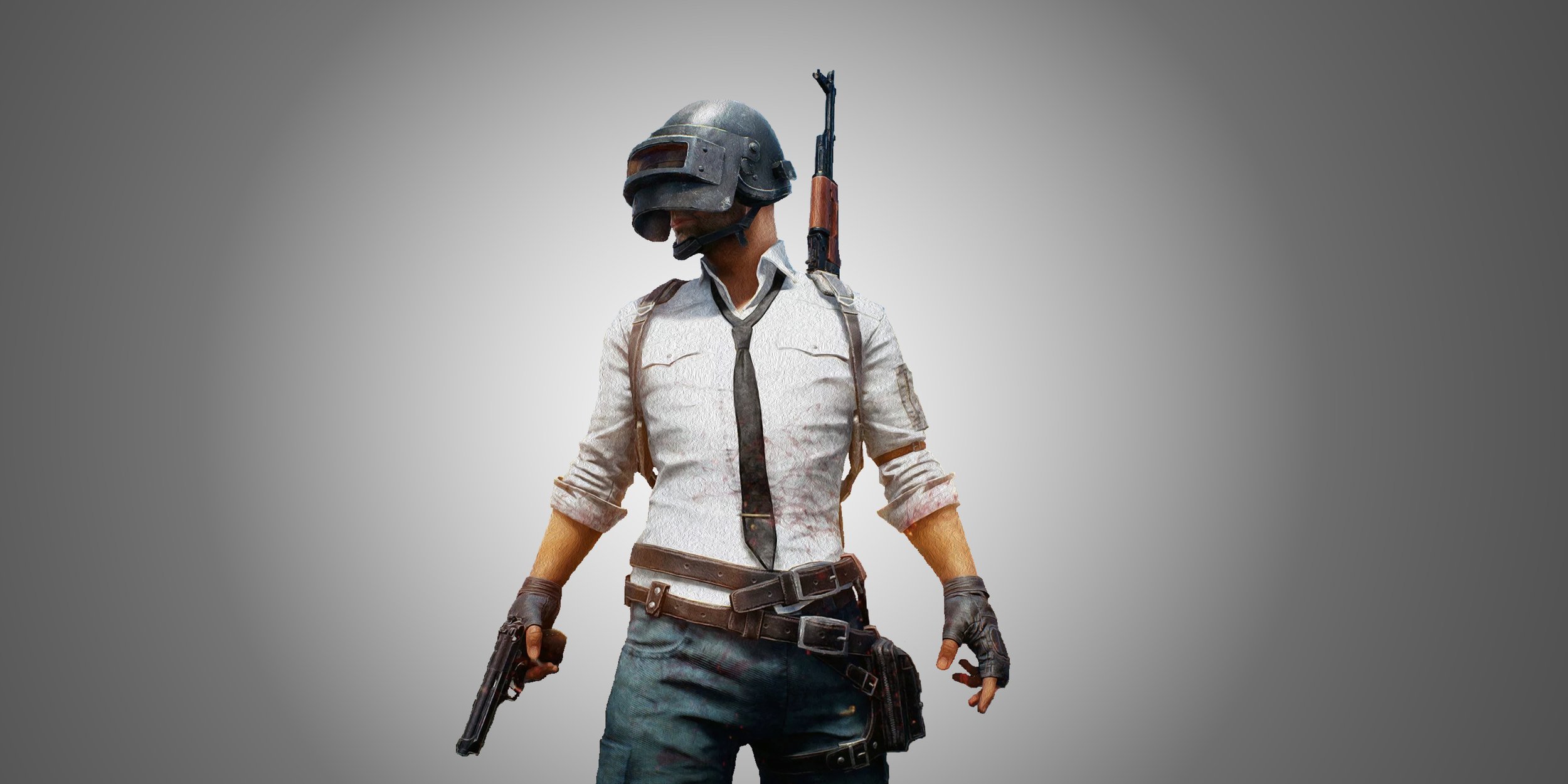PUBG Stuttering Fix: Reducing Spikes & Other Lag Issues
Lag is a competitive gamer’s worst nightmare. Your team is having the best game of the night when suddenly nothingness descends, and your screen stands still. You can hear the audio as gunfire swirls around you, but you can’t act to move around it. By the time your screen finally catches up with the game, you’ve died—and your team has been eliminated.
When your game lags, the best-case scenario is that you lose a bit of time to prepare for battle. And that really is the best case. Even worse, you could have a disadvantageous position at the start of a firefight, your character could die, or—worst of all—your whole squad could die.
Lag on PUBG used to be somewhat in the hands of the developers. The game was made available in early access when code was behind what it is today. Now, the game operates with the fluidity of any other top multiplayer game. Unfortunately, some players still experience lag, thanks to their devices and network connection.
Lag is a common problem. Thankfully, it also has a common solution. WTFast is here to highlight the issues slowing down your game, so you can guide your team to victory.
PUBG Issues: The Symptoms
Lag causes a variety of problems, none of which are good. At best, they put a damper on your gaming experience. At worst, they actively impede your success.
These headaches include stuttering, rubberbanding, and even server disconnection.
Stuttering happens when the visual fluidity of your game is inconsistent. When a game stutters, your screen freezes or moves in a stilted manner while the rest of the game moves around you. Your inputs are still being registered by the game, but you are operating blindly because of a stuttering screen.
Unlike stuttering, rubberbanding lets you see exactly what is going on in the game. Unfortunately, what you see on your screen does not match what is happening in reality. When your character rubberbands, you may suddenly jump backward and forwards on the screen. This causes jerky, repetitive motions that seem unnatural.
When this happens, other players see a character standing still or moving slowly. This makes you an easy target for enemies, which can be even worse than stuttering. At least when you stutter, your inputs are still being accurately registered by the game.
The last and potentially worst problem is server disconnection. This happens when your issues are so bad you lose connection with the server. This usually only occurs in the most extreme cases, but it still guarantees a loss.
These three issues form a dark triad of multiplayer gaming, ruining squads and costing matches. In order to solve them, it’s important to understand their causes.
PUBG Issues: The Causes
The aforementioned grievances can be boiled down to two primary causes: ping and latency.
When you play a game, it’s being run on an external server. PUBG and other games are run on servers maintained by game developers. Games such as Don’t Starve Together and Minecraft allow players to maintain servers on their own machines.
Player inputs on controllers take time to travel from the controller to the server, and that time increases based on distance and other factors. This time it takes for a data packet to relay player inputs is called ping. Once a data packet is relayed, it also takes time to return that information to the player. This second metric—which is ping multiplied—is called latency.
No internet connection is perfectly stable. Ping and latency rise and fall like the flow of a tide as you play. Latency spikes cause all sorts of issues, including lag, which in turn makes the game stutter.
Of our three PUBG issues, rubberbanding is the most interesting conceptually. In cases of extreme ping, the registered position on your own system and server differs. When the registered difference is extensive enough, many games will reset your position to balance out this perception. While this is a sensible result from a game development perspective, it’s still massively unpleasant to deal with as a player.
Fortunately, there are a variety of solutions to these problems. These range from minor upkeep that any player can do easily to major external solutions that can improve your experience. With these tips, spikes will be a thing of the past.
Minor Fixes
A few fixes for lag issues are easy to perform at home with simple maintenance of your PC. Even if you aren’t currently experiencing lag, these methods can subtly improve your existing ping.
These minor fixes include:
Running an Internet Speed Test: This alone won’t improve your experience, but it can give you a benchmark for progress. By knowing the parameters under which your computer is functioning, you can tell whether your issue is speed or hardware-based. Returning to a speed test after performing the following fixes should show improved results overall.
Reducing Graphics: If your hardware is old or you’re running the game on maximized settings, it’s possible that PUBG is too intensive. A quick Google search will bring up both the minimum and recommended specifications for the game. You can try lowering your graphics if this may be the issue.
Switching to a wired connection: WiFi does wonders for our ability to connect to the internet on a variety of devices. Unfortunately, wireless connections are neither as fast nor as stable as wired ones. By attaching your machine to your router through an Ethernet cable, you protect the stability of your data and ease transmission. Of all the minor fixes here, switching to a wired connection might do the most for your overall speed.
Closing Background Applications: We know it’s tempting to have all your daily activities open in background tabs, but this can cause major problems when gaming—especially if you have simultaneous downloads going on. Close out of your browsers and stop other tasks to let your computer focus on the game at hand.
The Major Fix
The above are easy solutions to improve your online issues, but sometimes a more permanent fix is necessary.
WTFast provides a high-powered approach to data transmission in order to maximize performance over gaming servers. Over 1200+ games are supported, including PUBG and PUBG Mobile, with more and more added on a regular basis.
Many real-time workarounds to bad ping are complicated, so we created a ping enhancer to help gamers everywhere. A ping enhancer is a tool that reduces ping for an optimized gaming experience. This can fix lag issues in unoptimized systems and improve the performance of already-good ping.
The crux of the improvement is in the way our client manages your traceroute. A traceroute is the pathway through the internet that your data packets take to reach servers and return to you. The greater the number of hops your data takes to reach a particular server, the longer your ping will be. WTFast actively tracks this route and optimizes it, so your data takes the shortest route from A to B.
The client also comes with the ability to track your ping live. Many in-game ping trackers only show ping moment-to-moment, basing the perceived numbers on average ping. WTFast carefully measures this and a variety of other essential metrics.
WTFast seeks to improve the relationship between your PC or mobile device and gaming servers for MMO, MOBA, and FPS games. Optimization and careful tracking both reduce ping and soften the blow of spikes that occur during your game. After performing all these fixes, all you need to do is start up PUBG and get your next victory.
After Solving Spikes
Countless things can go wrong when gaming, from software problems to hardware headaches to overall internet issues. Thankfully, plenty of solutions exist for all of these issues and more.
A wide variety of enhancing technologies are available for even the smallest of glitches. With these tools at your disposal, there is no reason to ever deal with a less-than-optimized gaming experience.
The best part of solving issues in PUBG is that improving the way your computer runs one game will likely improve others, too. Latency is a problem that affects all multiplayer games, and reducing it across the board can change everything.
You should never find yourself caught unaware or lagging out of a firefight again. Good luck in your next match.
Sources:


